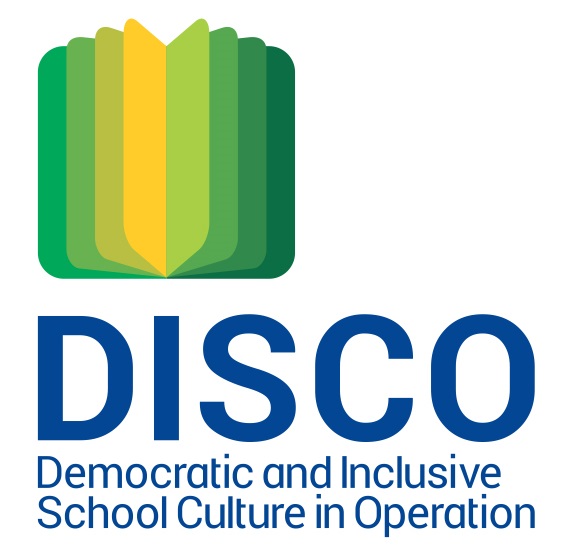Increased social and political polarisation can deepen radicalisation and add to the spread of extremist views. Various undertakings have been made in Europe to counter this phenomena, but there is still much to be done and new challenges are on the horizon.
The project “Resilience through Education for Democratic Citizenship”, funded by the EU/CoE Joint Programme “Democratic and Inclusive School Culture in Operation (DISCO)”, aims to identify, evaluate and disseminate innovative methods for developing teachers’, social workers’ and trainers’ competences for democratic culture. As key actors working with young people, their role is especially important to strengthen resilience against radicalisation and anti-democratic extremism.
Among the activities being implemented to support the project, a series of podcasts is being produced.
- In the first part, Dr Lukasz Jurczyszyn speaks about why interest in the process of radicalisation has increased worldwide after the terrorist attacks of the early 2000s, and yet how radicalisation should not only be viewed stereotypically from the perspective of these events. The conversation focuses on places where radicalisation is more prevalent and identifies examples of how to counter such developments at the local community level.
- “A conversation with Markus Pausch from the Salzburg University”, part 2 of the series, concentrates on the positive and negative aspects of polarisation for democracy and its impact on social radicalisation. What do these phenomena look like in Austria? How are they responded to at the local level and why do we need the “unexpected kindness” shown by social workers especially towards rebellious youngsters?
- Matjaž Gruden, Director of Democratic Participation at the Council of Europe, is the guest of the third podcast in the series. Mr. Gruden highlights that for a democracy to function institutions are important, and yet not sufficient unless we are armed with knowledge. Democracy needs people who trust them and know how to use them. He also explains what the "Swiss Army Knife for education for democratic culture" is and describes results of the Council of Europe's work in the field, inviting listeners to use the Council of Europe’s online learning modules “LEMON” and to see the results of the DISCO programme.

